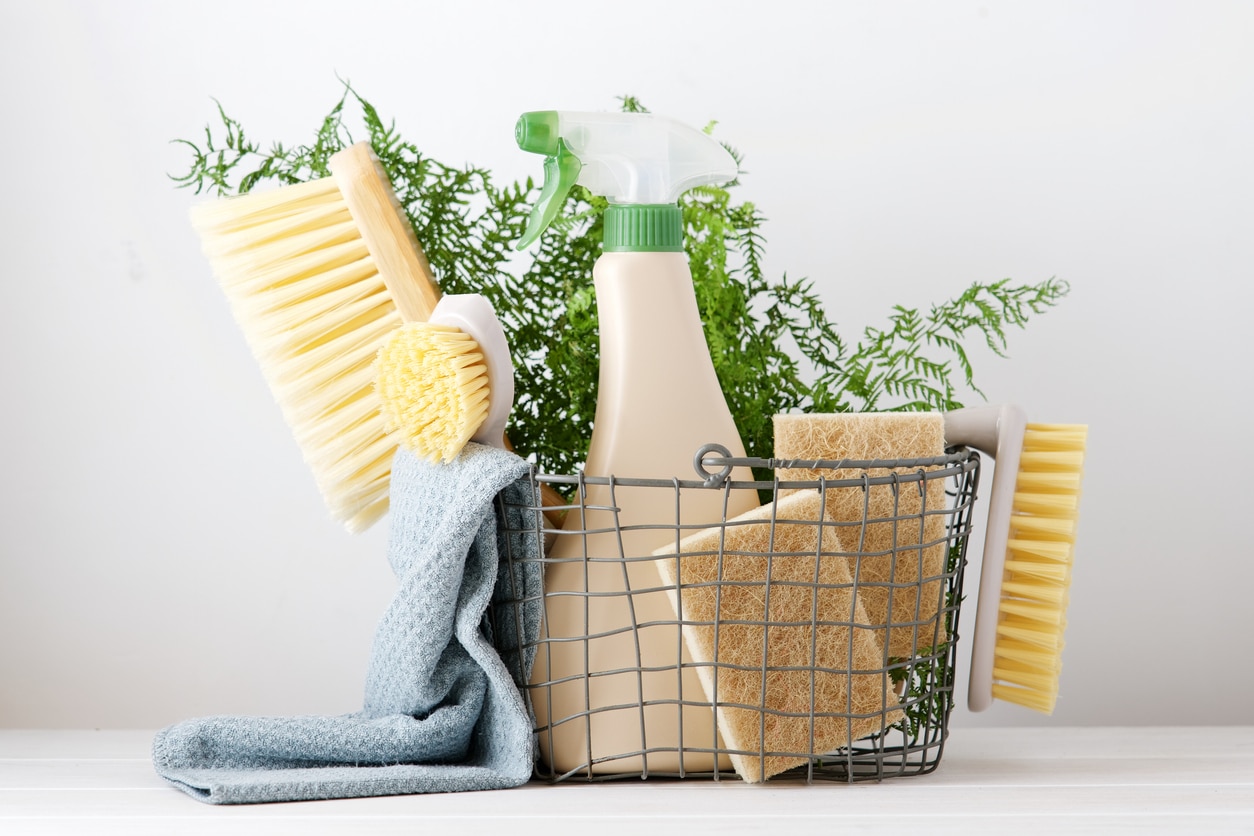According to the CDC, exposure to certain chemicals can lead to damage in various parts of the ear, resulting in hearing loss. These chemicals are called ototoxic chemicals. Approximately 15% of adults aged 18 and over report some trouble hearing.
The more you are aware of these toxic chemicals the more you can make informed decisions to protect your hearing.
Preventing Exposure

Understanding the risks associated with these chemicals empowers individuals to make informed decisions, particularly when shopping for cleaning supplies. Consider the following preventative measures:
- Read labels: Check labels on solvents when shopping for cleaning supplies at The Fresh Market and opt for safer alternatives. You can learn more about the list of chemicals below.
- Wear PPE: Use personal protective equipment (PPE), such as masks, goggles and gloves, when handling supplies with hazardous chemicals.
- Enhance ventilation: Improve ventilation in both the working and storage areas for chemicals.
- Proper disposal: Ensure proper disposal of chemicals, reducing the risk of exposure.
Types of Ototoxic Chemicals
Various household chemicals harbor ototoxicants capable of causing hearing damage. The severity of hearing loss depends on the frequency, duration and extent of exposure, whether through inhalation, ingestion of contaminated food and drinks or skin absorption. Once absorbed, these chemicals enter the bloodstream, causing harm to the inner ear and nerves responsible for transmitting sound to the brain.
Hazardous chemicals include:
- Benzene: Found in plastics, paints, and cleaning agents
- Carbon disulfide: Present in pesticides
- Carbon monoxide: Emitted by vehicles and gas-powered tools
- Styrene: Used in plastics
- Toluene: Found in paints and adhesives
- Xylene: Present in paints and paint thinners
- Trichloroethylene: Used in paints, pesticides, and rug and spot cleaners
The CDC notes that exposure limits for many chemicals were established without considering ototoxicity, suggesting potential risks at levels below existing guidelines. Following these safety tips promotes responsible chemical handling, ultimately safeguarding your hearing.
If you have questions about hearing loss or want to schedule a hearing test, contact Eastern Oklahoma Ear Nose and Throat – Yale Office.